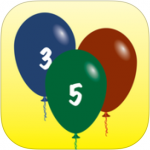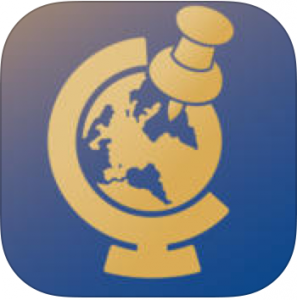Our chapter about „Prospective Teachers – Are They Already Mobile“ got published as chapter of the book Mobile, Ubiquitous, and Pervasive Learning.
Abstract:
This research study investigated the prospective teachers’ purposes of using mobile phones and laptops, as well as the significant differences across genders and grades. Furthermore, the frequency of connecting to Internet via both mobile devices was investigated comparatively. The study was designed based on cross-sectional survey and casual-comparative methodologies in order to first determine specific characteristics of the relevant population, and to determine the possible causes for differences in terms of variables investigated. A total of 650 prospective Turkish teachers participated in the study. The results point out that, compared to mobile phones, laptops were used more frequently for various purposes, particularly the educational ones. However, in-class use of both laptops and mobile phones for educational purposes was not very common. Mobile phones were used less for educational purposes, but more for communication and entertainment purposes. Though there were statistically significant differences in terms of some purposes, given the lack of practical significance, both male and female prospective teachers can be said to use mobile phones and laptops for various purposes with similar frequencies. The same was also true for the grade variable: all prospective teachers from first to fourth years used mobile phones and laptops for various purposes with similar frequencies in practice. The present study also revealed that, for prospective teachers, connecting to the Internet via mobile phones is not very common and even significantly less common than doing so via laptops. The findings in general suggested a need to raise awareness among prospective teachers about the mobile learning potential of mobile phones in general and in-class use of laptops in particular.
[Link to full chapter @ Springer]
[Link to Draft version @ ResearchGate]
Reference: Süleyman, N. S., Özlem, G., Ebner, M. (2016) Prospective Teachers – Are They Already Mobile? In: Mobile, Ubiquitous, and Pervasive Learning Fundaments, Applications, and Trends, Edition: 1st, Publisher: Springer, Editors: Alejandro Peña-Ayala, pp.139-166
 Im Rahmen einer Projektarbeit ist wieder einmal eine Mathematik App für das iPhone entstanden. Man soll Aufgaben lösen und die richtige Lösung bei den aufsteigenden Ballons erraten. Um den Spielspaß zu erhöhen kann man das auch gegeneinander spielen bzw. hindern noch ein paar gemeine versteckte Features auf dem Weg zum Sieg:
Im Rahmen einer Projektarbeit ist wieder einmal eine Mathematik App für das iPhone entstanden. Man soll Aufgaben lösen und die richtige Lösung bei den aufsteigenden Ballons erraten. Um den Spielspaß zu erhöhen kann man das auch gegeneinander spielen bzw. hindern noch ein paar gemeine versteckte Features auf dem Weg zum Sieg:


